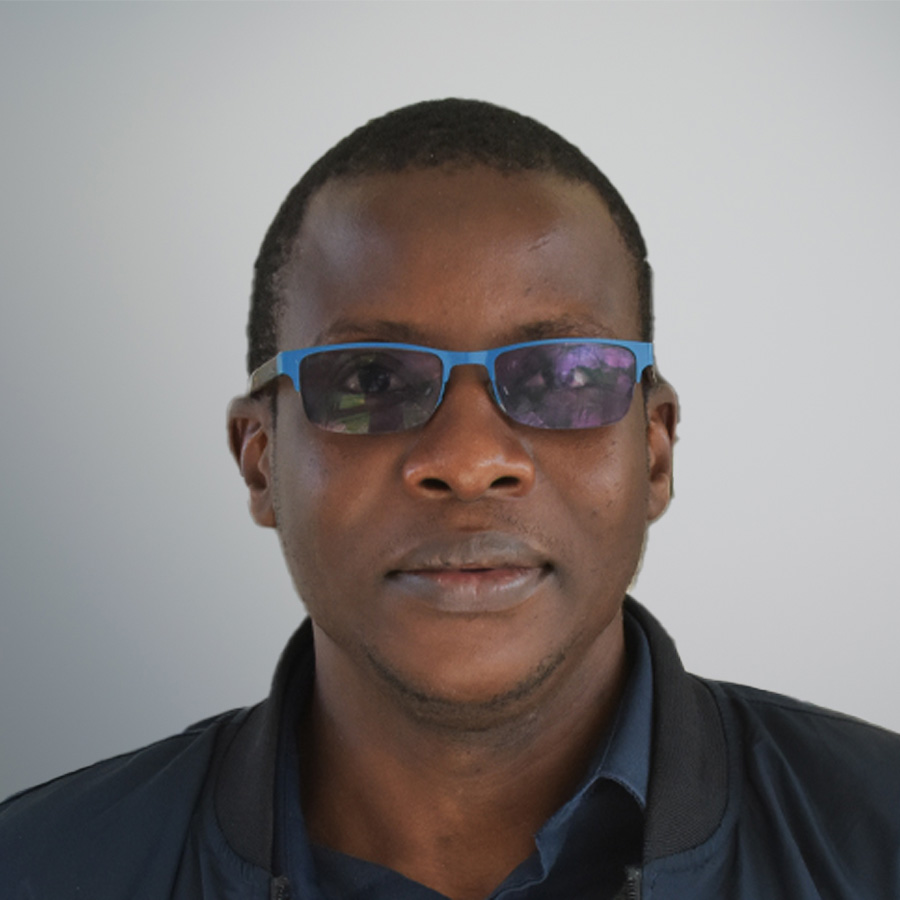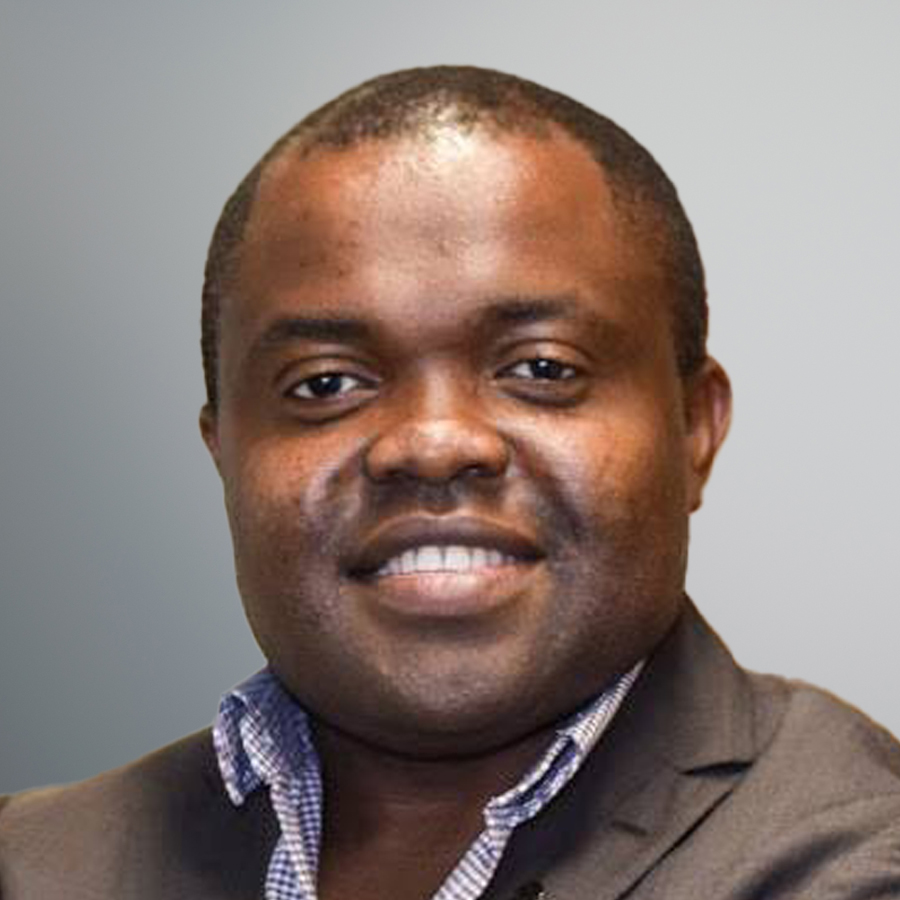Child participation is one of the general principles of children’s rights. It is a principle that has gained gradual support and acceptance among child rights advocates and practitioners, who, recognizing its pivotal role in fostering the optimum development and exercise of rights by children. This growing acceptance notwithstanding, child participation is also one of the least developed areas of rights in practice. There is still significant resistance to children’s participation in mainstream society, which results in either exclusion of their voices, or tokenist participation that does not meet the threshold of meaningful participation.
Download Call for Applications
Although the State has the primary responsibility to ensure children’s rights, a child’s right to participate, in particular, takes place in a range of settings and involves a wide range of actors. In most cases, state and non-state actors. Generally, the implementation of children’s right to participate entails both the duty to take action to empower children and the responsibility to meaningfully support children through the process.
Child participation in governance processes remains significantly low, especially in Africa. This is the case despite the principle having been articulated in global and regional human rights instruments, and the ratification of these instruments by most African countries. This state of affairs is concerning because some of the fundamental policy and normative instruments in the African region have a significant impact on the protection of children’s rights, making it crucial that children participate in their formulation and implementation. One such area of governance in which child participation is still wanting is in the context of global and regional development frameworks as set out in the 2030 Agenda for Sustainable Development (SDGs), the African Union’s Agenda 2063, and it's Agenda 2040 for Children.
Purpose of the assignment
The Centre for Human Rights, University of Pretoria (the Centre), seeks to appoint a consultant to conduct a study on child participation in development frameworks, particularly the SDGs, Agenda 2063 and Agenda 2040. The study will involve undertaking an analytical review of the opportunities, challenges and gaps for child participation in the framing and implementation of these frameworks at a pan-African level. The findings of the study will contribute to knowledge building on the national and regional standards governing children’s involvement and interactions with the implementation of global and Africa’s regional development based frameworks, and synthesize the value of child participation in the implementation of these frameworks.
The resulting study will form a basis for further engagement with African governments and other relevant stakeholders to promote child participation in governance processes, particularly the extent of children’s meaningful involvement in the implementation the development frameworks in Africa.
Objectives of the assignment
The overall goal of the project is to establish the extent to which child participation is anticipated, and implemented in the design and implementation of global (UN) and regional (AU) development frameworks. In particular, the study will:
- Provide a critical review of the normative basis for child participation in governance processes,
- Review the extent of child participation in the development of the frameworks,
- Analyse the opportunities for child participation in the frameworks,
- Establish the gaps and missed opportunities for child participation in the content of the frameworks, and
- Recommend ways of children's participation in the implementation and monitoring of the frameworks.
Methodology
The study anticipates a desk-based research study, with an analytical approach anchored in human rights theory. It will pay keen attention to the relevant national, regional and global strategies on child participation in the implementation of global and regional development frameworks.
Although it will make reference to national processes, where necessary, the study will generally adopt a regional scope, paying primary attention to standards applicable at a Pan-African level, and at the sub-regional level where possible.
Deliverables
The successful applicant will be expected to provide:
- An inception report within a week of signing the contract
- A first draft of the regional study within 3 weeks of signing the contract
- A final report of the study by the end of 4 weeks after signing the contract
Eligibility
To qualify for this assignment, the Centre seeks a candidate with the following qualifications and competencies:
Required
- Post-graduate degree in law or social sciences.
- Knowledge of children’s rights.
- Knowledge of the African human rights system.
- Familiarity with development frameworks in Africa.
- Understanding of child participation strategies.
- Excellent writing skills in English.
- Demonstrable experience of undertaking similar assignments.
Desirable
- Prior work on child participation strategies in Africa.
- Experience in legal and/or policy analysis in Africa.
Application information
Eligible candidates are requested to send their applications to Dr Elvis Fokala at elvis.fokala@up.ac.za, copying Dr Nkatha Murungi at nkatha.murungi@up.ac.za.
All application should include:
- A technical and financial proposal
- A letter of motivation, indicating how the applicant meets the eligibility requirements.
- A detailed curriculum vitae with three contactable referees
- A sample of the applicant’s previous work of similar nature
Applications close on 28 May 2021.
Applicants must be able to start the study in June.
The Centre reserves the right not to appoint a consultant should there be a fundamental change of circumstances.
For more information, please contact:
Centre for Human Rights, University of Pretoria
Tel +27 (0) 12 420 3587
elvis.fokala@up.ac.za

Centre for Human Rights, University of Pretoria
Tel +27 (0) 12 420 3587
elvis.fokala@up.ac.za



